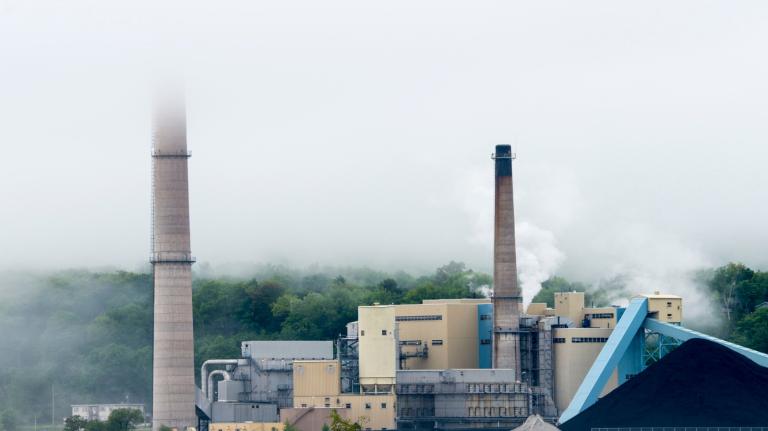I’m of two minds about this Politico piece on green jobs. On one hand, it’s nice to see the notion getting into the political bloodstream. On the other hand, it does a woefully bad job of distinguishing the candidates and contains one horrific and fundamental error of fact.
First, the error. Witness:
The American Physical Society, an organization of physicists, issued a report last month concluding that energy efficiency “offers the cheapest, fastest way to wean ourselves off foreign oil and reduce global warming.”
…
The downside to that, of course, is that a candidate can’t boast about jobs and, worse, could face real risks of ridicule.
[pounds head on desk] Reporters do not understand efficiency. They think it begins and ends with "personal virtue" stuff like inflating tires and thus find it difficult to take seriously as a central climate/energy/economy policy.
In fact, energy efficiency will be the primary creator of green jobs, and national leaders who pursue efficiency aggressively will have a great deal to boast about. One reason is that energy inefficiencies are strewn throughout our economy, so a coordinated push for efficiency will involve virtually every sector. It’s not an industry, it’s a focus, a way of doing things. Everything — cars, cities, buildings, product design, manufacturing processes, electricity generation and distribution — will need to be made more efficient, to reduce GHG emissions and shelter our economy from rising and unpredictable energy prices. Getting from here to there will involve lots and lots of work — that is, jobs.
Improving the efficiency of the built sector alone would be an enormous job driver. Consider this passage from Architecture 2030‘s 2030 Blueprint [PDF]:
Investment in building energy efficiency is surprisingly effective. A single investment of $21.6 billion would replace 22.3 conventional 500 MW coal-fired power plants, reduce annual CO2 emissions by 86.7 million metric tons, save 204 billion cu. ft. of natural gas and 10.7 million barrels of oil each year 8, save consumers $8.46 billion in energy bills annually (less than a 3-year simple payback) and create 216,000 permanent new jobs.
How about $20 billion a year for a crash national program to weatherize America’s building stock? I’m certain that would give a president something to boast about.
The second problem with the piece is that, in an error endemic to the political press, it draws a false equivalence between the candidates. Yes, they "agree" in the broadest terms that they want to create lots of jobs. But in practice, the only policy instrument McCain proposes to use is gargantuan subsidies to the nuclear industry, and the only examples of "green jobs" he ever offers are nuclear jobs. By contrast, Obama proposes a whole range of direct investments, tax policies, and regulations designed to stimulate the growth of a broad clean energy industry.
Whatever their merits, those are two very different policy approaches. The fact that they can be lumped together under the hopelessly vague term "green jobs" does not make them the same thing. Articles like this obscure differences between the candidates more than illuminate them.
And thirdly (just one more, I promise!), exactly no one thinks that "green jobs will save us." That’s a very peculiar way of conceiving of employment. What will "save us" is reducing GHG emissions to avert the worst of climate change. What will "save us" is stimulating the growth of a range of new industries to pull us out of an economic slump and boost stagnant wages. The jobs won’t save us — it’s what people will be doing that will save us, when we finally decide to really get started doing it. The jobs are gravy.


